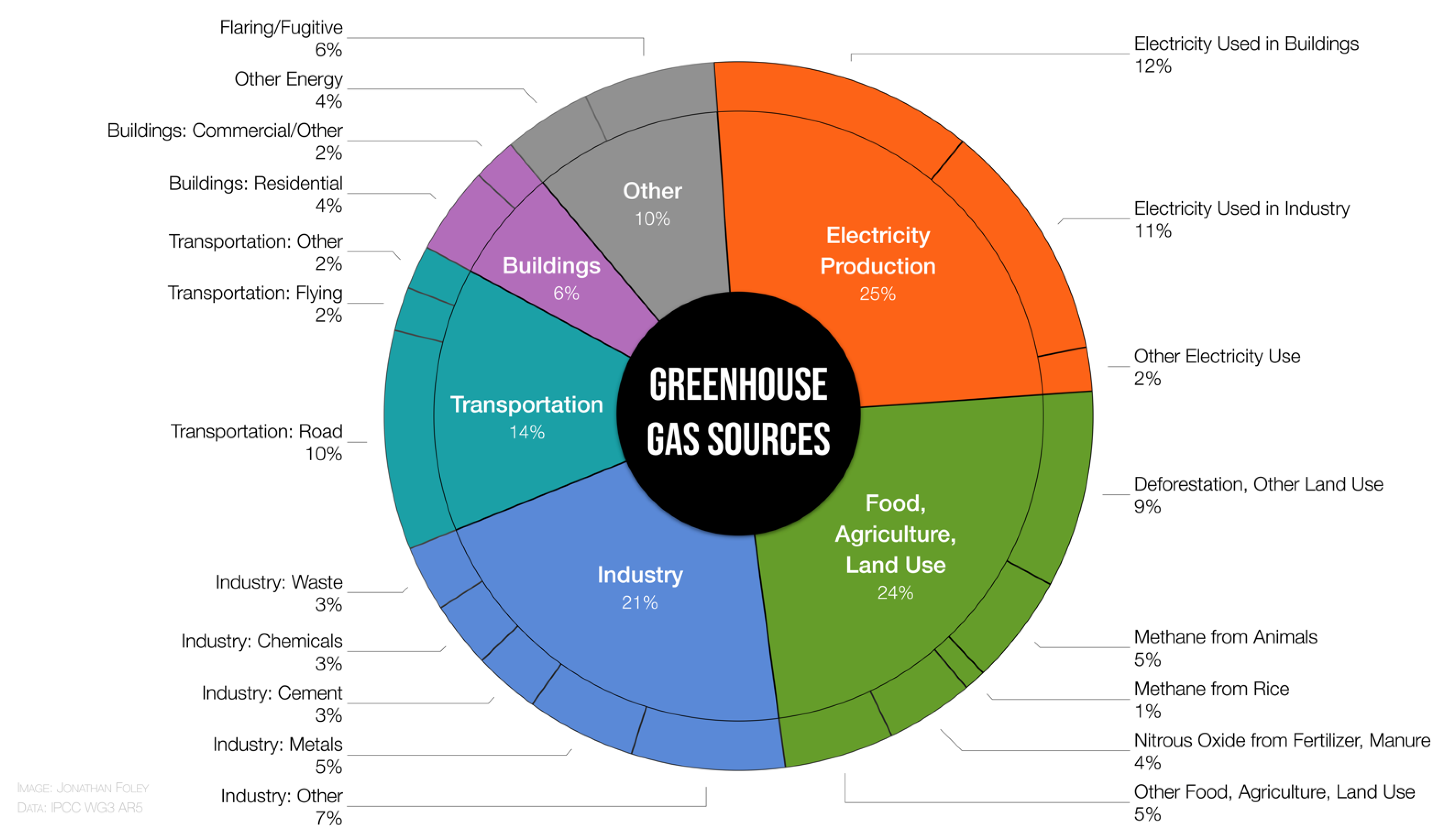Africa Policy Research Institute and the Centre for Climate Change & Development Alex Ekwueme Federal University Ndufu-Alike Nigeria (CCCD- AEFUNAI), in close collaboration with and support of the Department of Climate Change (DCC), Federal Ministry of Environment Nigeria
has released a comprehensive report on critical issue of climate change adaptation and explores locally-led strategies and initiatives to address the challenges posed by climate change in Nigeria. It also identified barriers and enabling factors for adaptation to inform the country’s Nationally-Determined Contribution (NDC) implementation.
The report, which is based on rigorous research and case studies conducted across various ecological zones of Nigeria, highlights the growing impact of climate change on vulnerable communities and ecosystems. It sheds light on the importance of locally-led adaptation as a key approach to building resilience and safeguarding livelihoods in the face of climate-related risks. The report also underscores the significance of placing local communities at the heart of climate change adaptation efforts.
The report, which is one of three similar reports being released in three West African countries, (Nigeria, Senegal, and Ghana), is a significant milestone in collective efforts to address the urgent challenges of climate change.
The report provides valuable insights into the power of locally-led adaptation and the transformative potential it holds for building climate resilience at the grassroots level, as well as underscores that those facing the harshest realities of climate change are not simply waiting for outsiders to come and fix their problems.
Prof. Chukwumerije Okereke, a Senior non-resident Fellow at APRI and Director of CCCD- AEFUNAI stressed the importance of locally-led adaptation actions by noting that numerous ethnic groups and indigenous peoples of Nigeria have been carrying out adaptation actions for centuries, but the scale, extent, and efficiency of their actions have not been fully evaluated. “So, … what we need to do is to make sure that we are really highlighting those local practices that can help and then attracting international funding to scale them up” Prof. Okereke added.
This was underscored in the presentation of deep-dive case studies of locally-led adaptation actions in Anambra, Lagos, and Ogun States by Dr. Chukwueloka Okeke, a Research Fellow at APRI, who showed that local communities are at the forefront of climate adaptation actions, but are mostly limited by lack of access to funds and relevant information to be effective and sustainable in their efforts.
The report had the inputs of representatives from government agencies and ministries, civil society organizations (CSOs), non-governmental organizations (NGOs), academia, youth, and private sector representatives. Participants highlighted the importance of developing synergies between all key stakeholders in a way that would enhance the delivery and implementation of the climate adaptation plans of Nigeria in line with Nigeria’s Nationally Determined Contributions, National Adaptation Plan Framework, other national climate action policies and the Sustainable Development Goals (SDGs).

